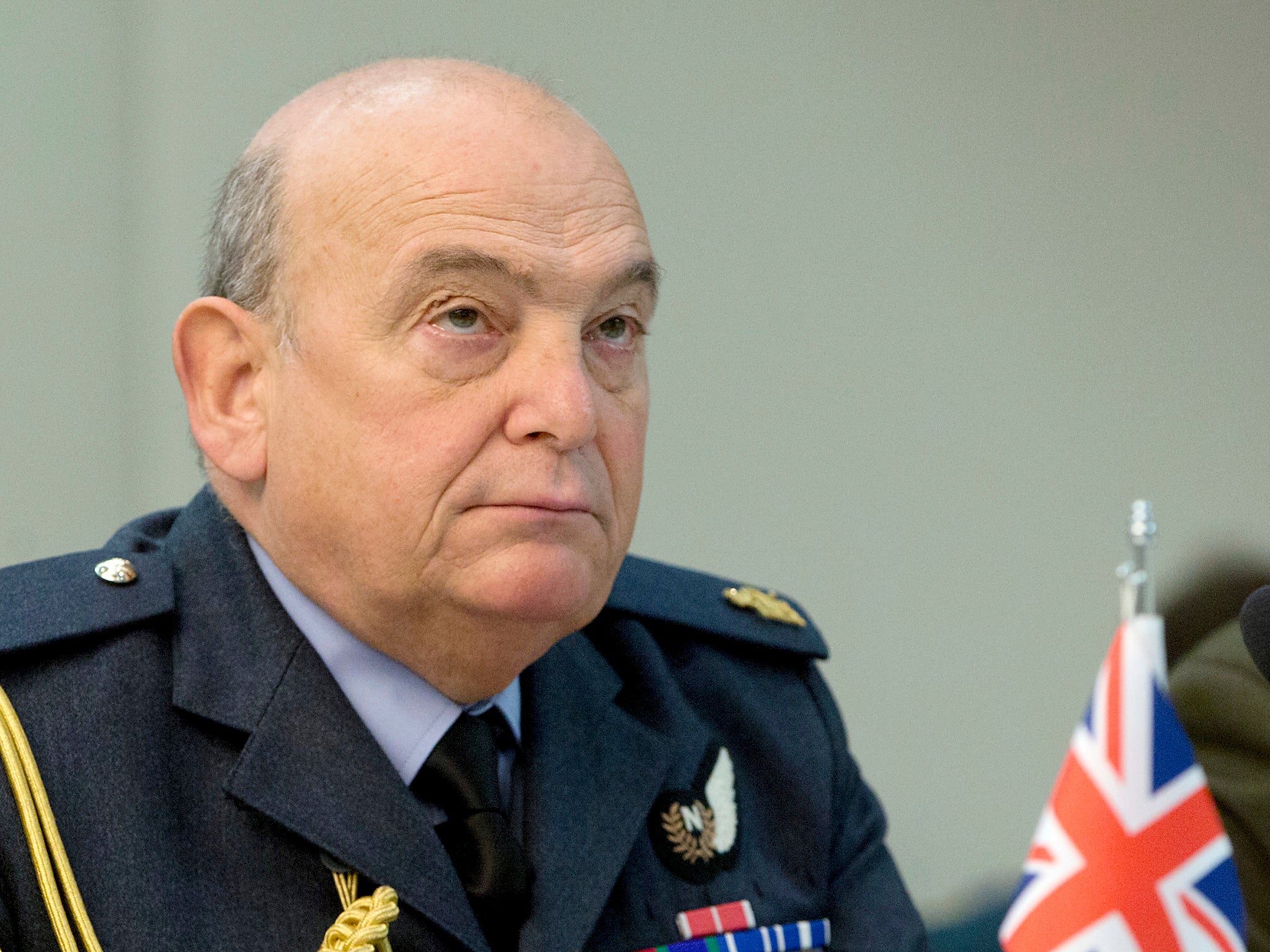Your support helps us to tell the story
From reproductive rights to climate change to Big Tech, The Independent is on the ground when the story is developing. Whether it's investigating the financials of Elon Musk's pro-Trump PAC or producing our latest documentary, 'The A Word', which shines a light on the American women fighting for reproductive rights, we know how important it is to parse out the facts from the messaging.
At such a critical moment in US history, we need reporters on the ground. Your donation allows us to keep sending journalists to speak to both sides of the story.
The Independent is trusted by Americans across the entire political spectrum. And unlike many other quality news outlets, we choose not to lock Americans out of our reporting and analysis with paywalls. We believe quality journalism should be available to everyone, paid for by those who can afford it.
Your support makes all the difference.Britain’s military has prioritised the protection of undersea cables from Russia because if they are cut or disrupted there would be an immediate and “potentially catastrophic” hit to the economy, the chief of defence staff has said.
Air Chief Marshal Sir Stuart Peach said the vulnerability of communication lines under the sea poses a “new risk to our way of life” as Russia modernises its navy and perfects unconventional and information warfare.
Conservative MP Rishi Sunak warned earlier this month that a successful attack on the UK’s network of undersea communications cables could deal a “crippling blow” to the country’s security and economy
His Policy Exchange report highlighted the way that during the annexation of Crimea in 2014, the Russians “easily” cut all digital communications from the peninsula, and warned a successful attack could be carried out by a fishing trawler as well as submarines.
In his annual lecture to the Royal United Services Institute in Whitehall, the chief of defence staff said: “In response to the threat posed by the modernisation of the Russian navy, both nuclear and conventional submarines and ships, we along with our Atlantic allies have prioritised missions and tasks to protect the sea lines of communication.
“This sounds like a re-run of old missions, actually as I’m about to say, it is very, very important that we understand how important that mission is for the North Atlantic Treaty Organisaiton (Nato).
“Because Russia in addition to new ships and submarines continues to perfect both unconventional capabilities and information warfare.
“And there is a new risk to our way of life, which is the vulnerability of the cables that criss-cross the seabeds.
“Can you imagine a scenario where those cables are cut or disrupted, which would immediately and potentially catastrophically affect both our economy and other ways of living if they were disrupted.
“Therefore we must continue to develop our maritime forces with our allies, with whom we are working very closely, to match and understand Russian fleet modernisation.”
PA

Join our commenting forum
Join thought-provoking conversations, follow other Independent readers and see their replies
Comments